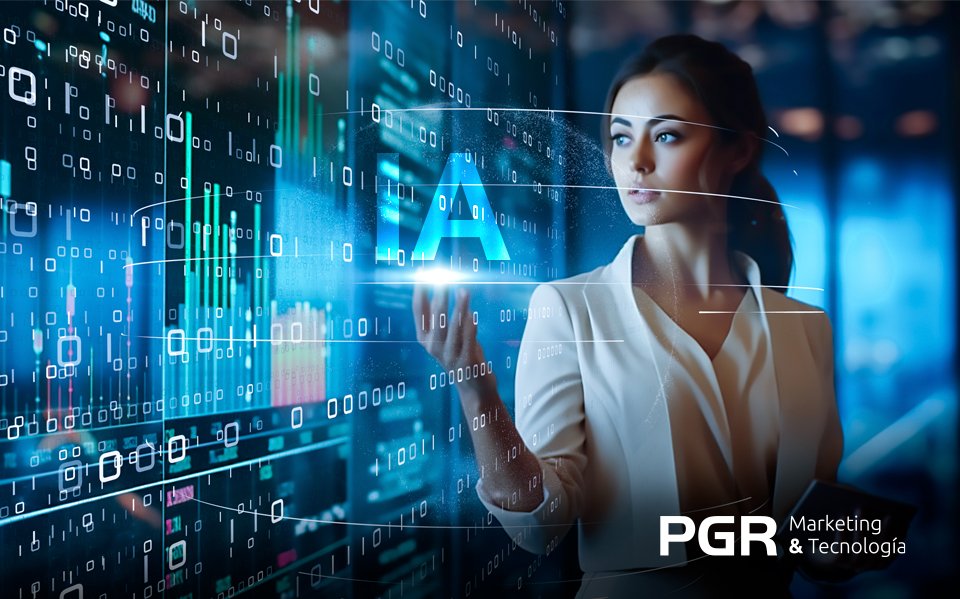In many companies, Digital Marketing professionals are rapidly adopting Artificial Intelligence (AI) , recognizing its transformative potential. However, to make the most of this technology, it is crucial for marketing managers to understand the different applications of AI in Digital Marketing and how they might evolve over time. Classifying AI based on its level of intelligence can help companies strategically plan which technologies to deploy and when.
AI, the best ally of Digital Marketing
Digital Marketing is one of the sectors that benefits the most from AI, as this technology can dramatically improve its key activities, such as understanding customer needs, matching them with products and services, and persuading customers to make purchases. Data supports this claim, with analysis showing that Digital Marketing is the domain where AI can add the most value. Marketing directors are responding to this opportunity, with surveys indicating a significant increase in the implementation of AI in this field.
While AI has already advanced Digital Marketing, it is expected to play an even more prominent role in the future. For marketing managers, understanding the types of AI applications available and how they can evolve is essential to staying competitive in an ever-changing market. Developing a framework to classify existing AI projects and plan for future ones is crucial to fully realizing the potential of this technology in Digital Marketing.
Types of AI in Digital Marketing according to the level of intelligence
The classification of AI in Digital Marketing according to the level of intelligence can be divided into these two categories:
1.- Task automation
These applications are dedicated to executing repetitive and structured tasks that demand a basic level of intelligence. They function by following predefined rules or executing set sequences of operations in response to specific input, but lack the ability to address complex problems or detailed customer requests. For example, a system that automatically sends welcome emails to new customers falls into this category. Simpler chatbots, such as those available on Facebook Messenger, are also included here ; Although they can assist customers during basic interactions, they follow a fixed decision path and cannot adapt to individual needs or learn from interactions over time.
2.- Machine learning
These algorithms are trained by analyzing large data sets in order to make predictions and make decisions that involve a certain degree of complexity. Their ability allows them to recognize images, interpret text, segment customers, and anticipate customer responses to various marketing strategies, such as promotions. Machine learning is currently driving programmatic buying in online advertising, recommendation engines in e-commerce platforms or sales analysis models in customer relationship management (CRM) systems, among other applications.
This technology, along with its most advanced version, deep learning, is at the forefront of AI and is quickly establishing itself as fundamental tools in the field of Digital Marketing. However, it is important to note that machine learning applications still have limitations and require an extensive training process with large volumes of data.
Do you want to take advantage of Digital Marketing for AI? At PGR Marketing & Technology we can help you achieve this.





